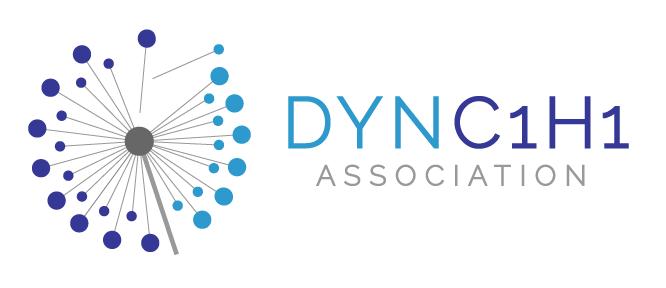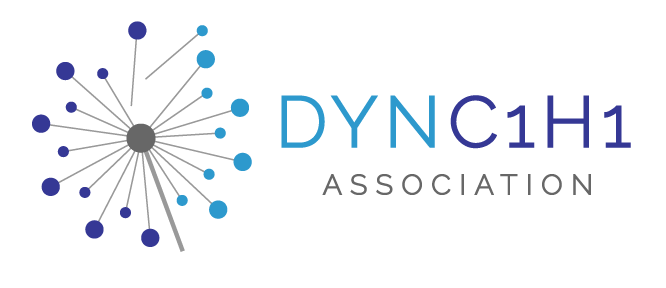We’re the only organization dedicated to creating a world where anyone with a DYNC1H1 gene variant has a safe and effective treatment.
Join us to make this vision a reality.
Our Mission
-
Create research opportunities with a continuous focus on translatable research that can bring discoveries from the lab to the patient with the goal of low-risk, high-reward treatments.
-
Within the diagnosed persons, provider, researcher, and outside community by hosting educational talks and support groups.
-
Living with an ultra-rare disorder like a DYNC1H1 variant can be lonely and isolating. Our grounding ethos is to meet the needs of the patient and their family. We’re here to listen and to help.
What is DYNC1H1 ?
-
This random-looking string of letters and ones is the name of a gene. When a person or family receives a genetic report, it will say "variant in the DYNC1H1 gene". Common Names labeling the symptoms are SMA-LED, CMT-20, or Infantile Spasms and Epilepsy.
DYNC1H1-Related Disorders can cause a wide variety of symptoms, from debilitating and life threatening to mild physical challenges and ADHD. Every person with a DYNC1H1-Related Disorder is different, and we are the only organization working to find effective treatments for DRD.
-
Worldwide, there are over 3000 known people living with DYNC1H1-Related Disorders, with over 200 patients registered with us.
Many people present with vary different symptoms, so until a genetic test called “Whole Exome Sequencing” became more common around 2015, few individuals were ever diagnosed.
Some adults only received a diagnosis alongside their children, and others had a cerebral palsy or other diagnosis. For this reason, we encourage caregivers and individuals with intellectual disability, autism, neuropathy, hypotonia, and epilepsy to seek out genetic testing.
To let us know about your variant and symptoms, register your information here.
-
No. While some individuals have been diagnosed with a rare form of spinal muscular atrophy called SMA-Lower Extremities Dominant, the treatments for SMA (zolgensma, Spinraza) do not act on the DYNC1H1 gene, so are not effective. Donate to support our path to a cure.
We are aggressively pursuing multiple leads to change this.


